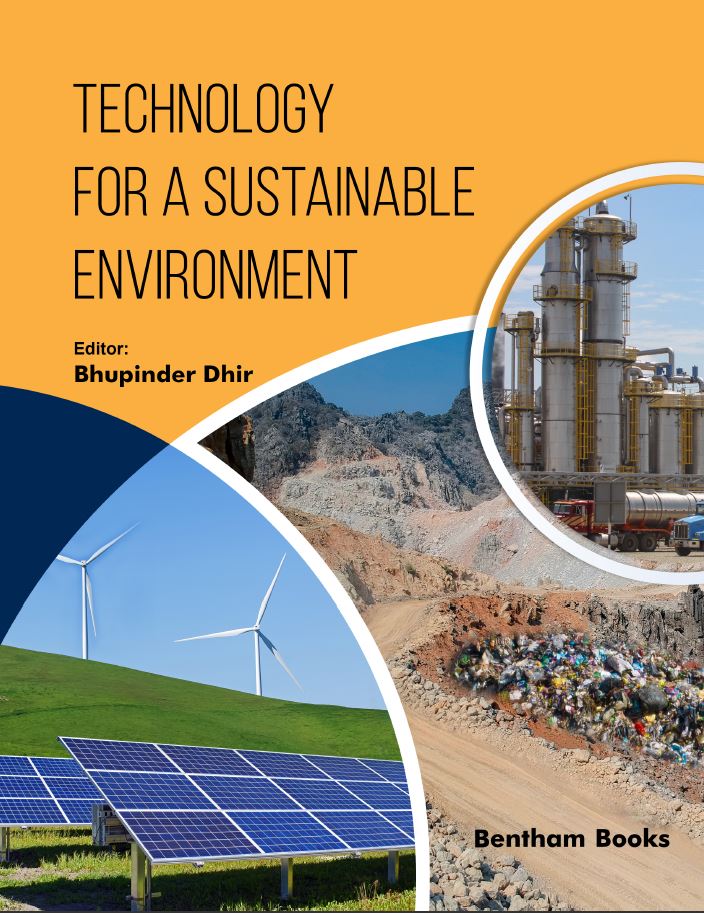Non-renewable Resources and Environmental Sustainability

- Authors: Sonu Sharma1, Monu Sharma2, Joginder Singh3, Bhupinder Dhir4, Raman Kumar5
-
View Affiliations Hide Affiliations1 Department of Biotechnology, Maharishi Markandeshwar (Deemed to be University), Mullana, Ambala 133207, India 2 Department of Biotechnology, Maharishi Markandeshwar (Deemed to be University), Mullana, Ambala 133207, India 3 Department of Chemistry, Maharishi Markandeshwar (Deemed to be University), Mullana, Ambala 133207, India 4 School of Sciences, Indira Gandhi National Open University, New Delhi, India 5 Department of Biotechnology, Maharishi Markandeshwar (Deemed to be University), Mullana, Ambala 133207, India
- Source: Technology for a Sustainable Environment , pp 1-16
- Publication Date: September 2023
- Language: English
Growing need for energy for sustaining increasing population has resulted in overexploitation of natural resources and over use of fossil fuel-based energy sources (coal, oil and gas). The consumption of non–renewable resources such as coal, petroleum and natural gas has increased tremendously resulting in environmental problems and climatic changes. Emission of greenhouse gases and other environmental concerns have increased. The decline in the quantity of non-renewable resources has generated the search of alternate energy sources. Switch to alternate sources of energy and fuel can be a sustainable option to this problem. Solar, tidal, geothermal, wind are some of the renewable sources of energy that are being focused to curtail the energy crisis and ensure sustainability for environment. A framework based on fulfilling the SDGs need to be developed which can contribute for more profitable, responsible path of economic growth and development.
-
From This Site
/content/books/9789815124033.chap1dcterms_subject,pub_keyword-contentType:Journal -contentType:Figure -contentType:Table -contentType:SupplementaryData105

